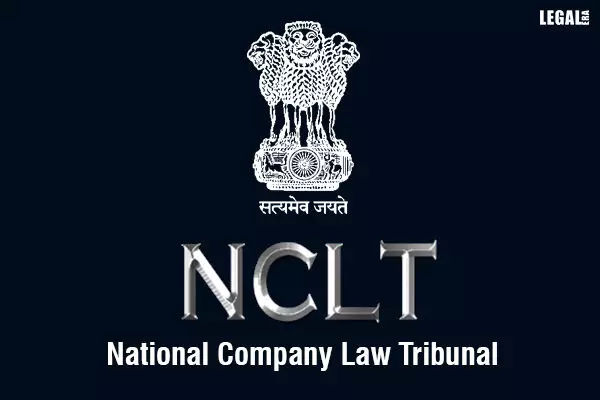- Home
- News
- Articles+
- Aerospace
- Artificial Intelligence
- Agriculture
- Alternate Dispute Resolution
- Arbitration & Mediation
- Banking and Finance
- Bankruptcy
- Book Review
- Bribery & Corruption
- Commercial Litigation
- Competition Law
- Conference Reports
- Consumer Products
- Contract
- Corporate Governance
- Corporate Law
- Covid-19
- Cryptocurrency
- Cybersecurity
- Data Protection
- Defence
- Digital Economy
- E-commerce
- Employment Law
- Energy and Natural Resources
- Entertainment and Sports Law
- Environmental Law
- Environmental, Social, and Governance
- Foreign Direct Investment
- Food and Beverage
- Gaming
- Health Care
- IBC Diaries
- In Focus
- Inclusion & Diversity
- Insurance Law
- Intellectual Property
- International Law
- IP & Tech Era
- Know the Law
- Labour Laws
- Law & Policy and Regulation
- Litigation
- Litigation Funding
- Manufacturing
- Mergers & Acquisitions
- NFTs
- Privacy
- Private Equity
- Project Finance
- Real Estate
- Risk and Compliance
- Student Corner
- Take On Board
- Tax
- Technology Media and Telecom
- Tributes
- Viewpoint
- Zoom In
- Law Firms
- In-House
- Rankings
- E-Magazine
- Legal Era TV
- Events
- Middle East
- Africa
- News
- Articles
- Aerospace
- Artificial Intelligence
- Agriculture
- Alternate Dispute Resolution
- Arbitration & Mediation
- Banking and Finance
- Bankruptcy
- Book Review
- Bribery & Corruption
- Commercial Litigation
- Competition Law
- Conference Reports
- Consumer Products
- Contract
- Corporate Governance
- Corporate Law
- Covid-19
- Cryptocurrency
- Cybersecurity
- Data Protection
- Defence
- Digital Economy
- E-commerce
- Employment Law
- Energy and Natural Resources
- Entertainment and Sports Law
- Environmental Law
- Environmental, Social, and Governance
- Foreign Direct Investment
- Food and Beverage
- Gaming
- Health Care
- IBC Diaries
- In Focus
- Inclusion & Diversity
- Insurance Law
- Intellectual Property
- International Law
- IP & Tech Era
- Know the Law
- Labour Laws
- Law & Policy and Regulation
- Litigation
- Litigation Funding
- Manufacturing
- Mergers & Acquisitions
- NFTs
- Privacy
- Private Equity
- Project Finance
- Real Estate
- Risk and Compliance
- Student Corner
- Take On Board
- Tax
- Technology Media and Telecom
- Tributes
- Viewpoint
- Zoom In
- Law Firms
- In-House
- Rankings
- E-Magazine
- Legal Era TV
- Events
- Middle East
- Africa
Supreme Court Upholds Financial Creditors' Right to Seek NCLT Redress Despite Doctrine of Election

Supreme Court Upholds Financial Creditors' Right to Seek NCLT Redress Despite Doctrine of Election
The Supreme Court of India has ruled that the doctrine of election does not apply to financial creditors who approach the National Company Law Tribunal (NCLT) to initiate a Corporate Insolvency Resolution Plan (CIRP) under the Insolvency and Bankruptcy Code 2016.
In this case, the financial creditor approached the Debt Recovery Tribunal in 2014.
In clarifying the distinctions between the Recovery of Debts and Bankruptcy Act of 1993 and the IBC, the Court said that the enforcement process for a recovery certificate stands as a distinct path, which a financial creditor may choose to pursue for the recovery of its outstanding dues established under the 1993 Act, rather than pursuing the mechanisms outlined in the 1993 Act.
The IBC itself is not primarily a debt recovery mechanism, but rather a mechanism designed to resurrect a company that has become insolvent due to debt-related issues. However, it is important to note that the procedures outlined in the IBC largely revolve around the recovery of debts as an integral part of implementing this mechanism.
The Court ruled that the doctrine of election cannot be interpreted in a manner that restricts financial creditors from seeking redress through the NCLT in cases involving corporate debtors.



